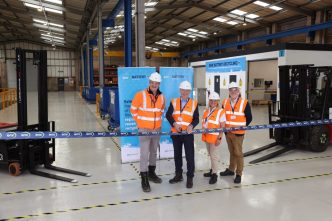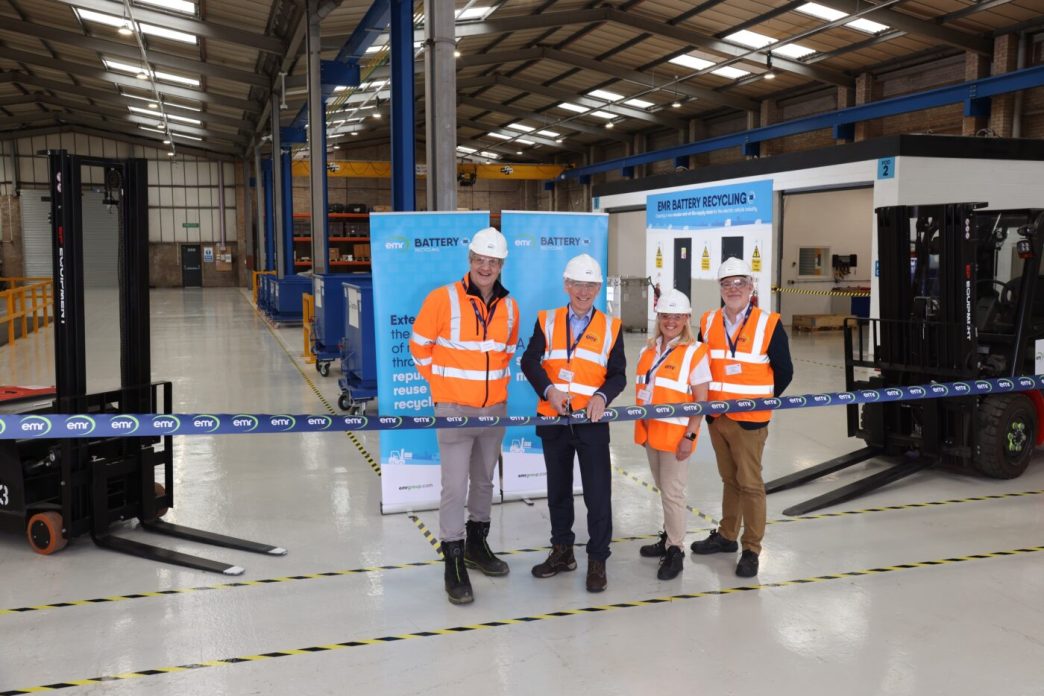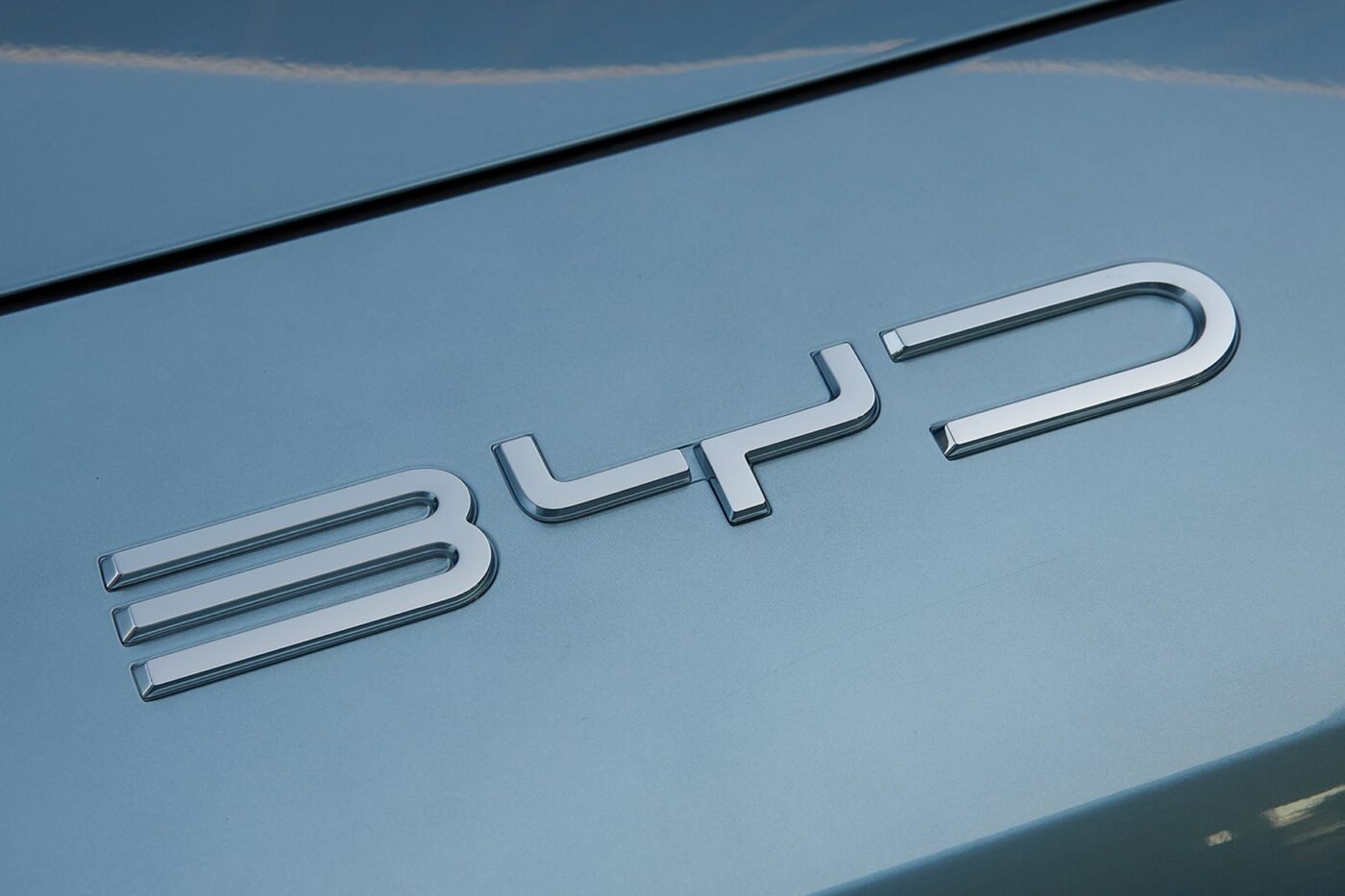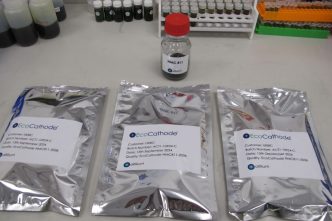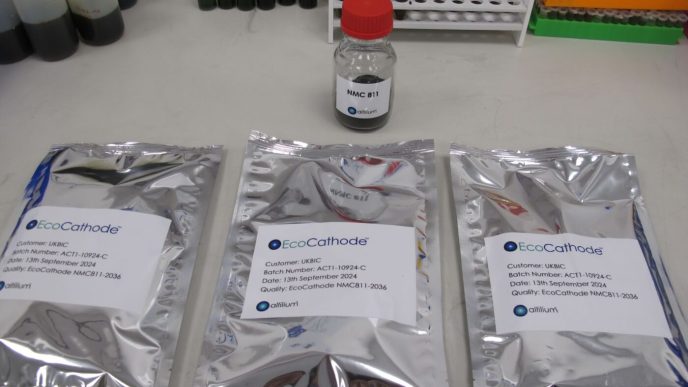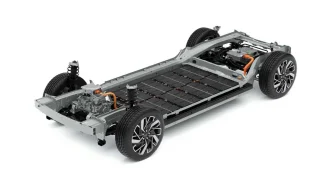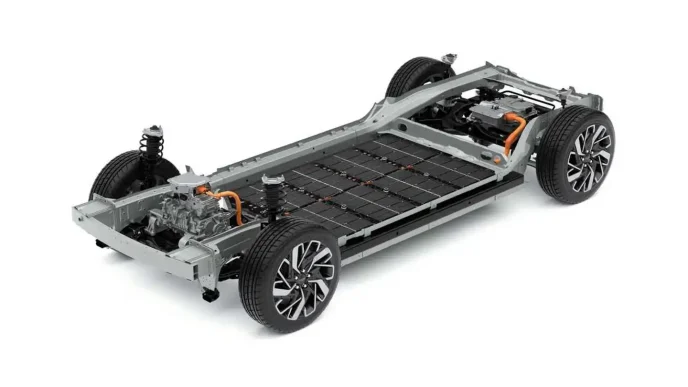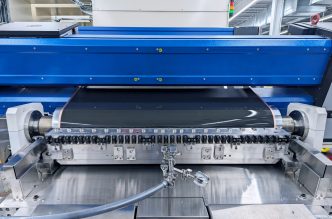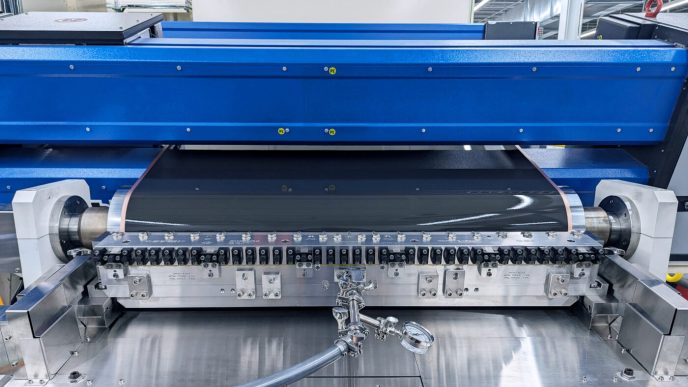British recycling company EMR has inaugurated a new battery recycling facility in Birmingham, with the capacity to process over 2,000 tons of electric vehicle (EV) batteries annually. This marks EMR’s second such facility, following its partnership with Northvolt in Hamburg, Germany. The Birmingham site is designed to assess whether EV batteries should be repaired, reused in second-life applications like stationary energy storage systems, or fully recycled.
Initially, batteries entering the facility will come from product recalls, warranty failures, and end-of-life electric bikes and scooters. The recycling process begins with testing to determine if the batteries can be repaired or repurposed for other uses, such as stabilizing electricity grids. Batteries deemed unsuitable for reuse will be dismantled to recover valuable materials, though EMR has not specified where the batteries are processed after disassembly at the new facility.
Supporting a Circular Supply Chain for EV Batteries
The opening of the Birmingham site is the result of over four years of research through the RECOVAS initiative, which EMR led in partnership with organizations like Bentley Motors, BMW, Jaguar Land Rover, and the University of Warwick. The initiative aims to establish a circular supply chain for end-of-life EV batteries, ensuring that materials are recovered and reused efficiently.
Helen Waters, head of electric battery recycling at EMR, emphasized the company’s advanced systems for safely discharging cells before recycling. The high-voltage testing team is led by a former Jaguar Land Rover EV battery technician, ensuring expertise in handling complex battery systems.
Addressing Future Challenges in EV Battery Recycling
As EV adoption increases, EMR anticipates a surge in battery recycling demand within the next 10 to 15 years, once current EV batteries reach the end of their lifespan. However, the facility will continue to handle faulty or outdated batteries in the meantime.

